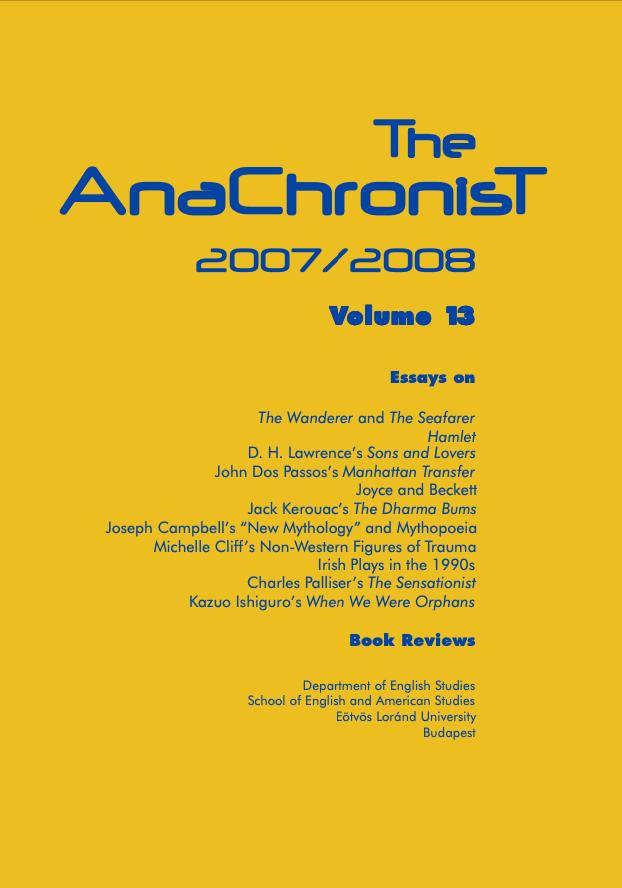Joseph Campbell's 'New Mythology' and the Rise of Mythopoeic Fantasy
DOI:
https://doi.org/10.53720/YXLX9135Abstract
If the twentieth century witnessed a "rehabilitation of myth" in literary studies, the upsurge of interest in mythic systems with their ideologies, worldviews, and functional modes is rightly attributed to the work of C. G. Jung, Mircea Eliade, Northrop Frye, and Joseph Campbell. Behind their thousand faces, those thinkers argued, myths carry one message, which reflects the psychic unity of humankind. And because we are becoming more conscious of this unity, we face the need to "tell ourselves" anew and imagine a new mythology apposite to the modern situation. In The Inner Reaches of Outer Space, Joseph Campbell presents this new mythology as one of the whole human race; saying it is relevant to our present knowledge, already implicit among humans as intuitive knowledge, and will be realized in and through art. These postulates are met in and chronologically overlap with the emergence of modern mythopoeic fantasy in Tolkien, Lewis, L'Engle, Le Guin, Alexander, and others. This paper suggests that works of mythopoeic fantasy can be seen as exploring the components of the new story of unifying the human race and play an important role in shaping modern readers' response to contemporary challenges of an increasingly shrinking world.

